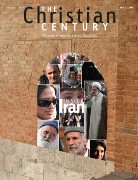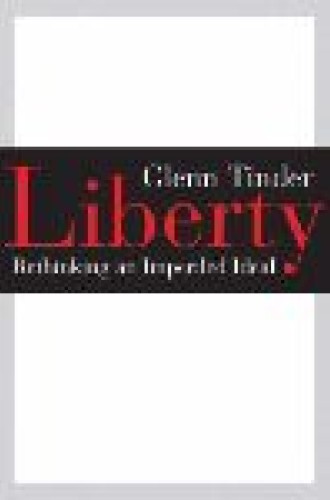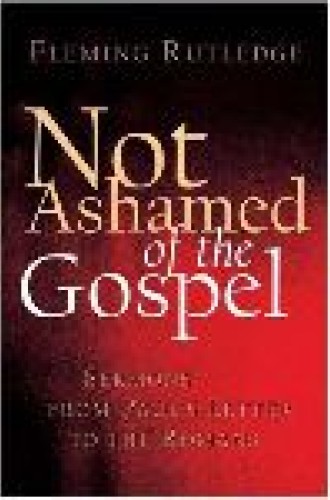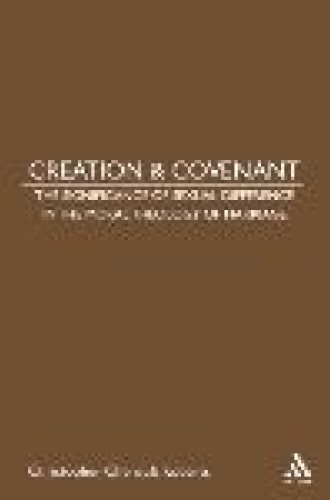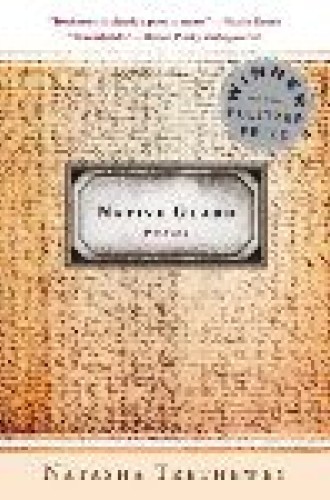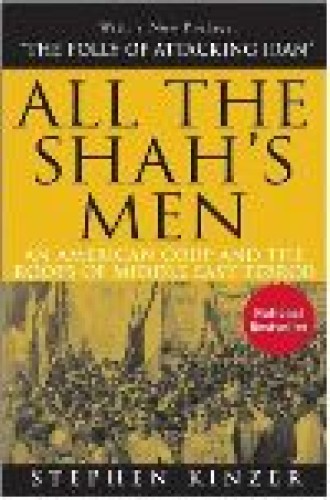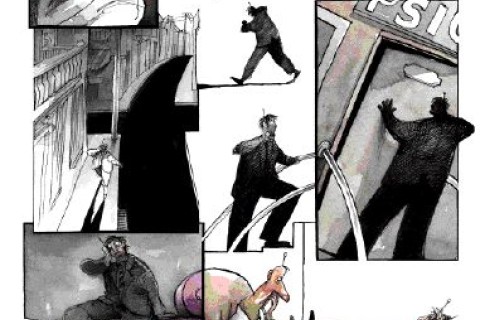Features
Eight points about Iran's nuclear program: Not what we might think
1. The U.S. government’s National Intelligence Estimate reported in November 2007 that Iran halted its nuclear weapons program in the fall of 2003. Iran is developing the capacity to enrich uranium, as it is entitled to do under the Nuclear Nonproliferation Treaty. International inspectors have found no evidence of an actual nuclear weapons program.
Inside Iran: First-person encounters
Early in my visit to Iran I was introduced to Nesa, 24, who was eager for contact with Americans. A recent university graduate who hopes to get a doctorate in English literature, she was also eager to explain her nation. “Iran is a complex country,” she said. “And so are the people.”
Executive perspective: An interview with Clifton Kirkpatrick
More than any other mainline Protestant executive in the past dozen years, Clifton Kirkpatrick of the Presbyterian Church (U.S.A.) has been on the hot seat almost annually over church disputes, usually concerning the ordination of noncelibate gay clergy and the blessing of same-sex unions. In 2004 the PCUSA switched from annual to biennial General Assemblies.
First call: From seminary to parish
I was a freshly minted product of seminary, plopped down by the bishop into a forlorn little church in rural Georgia. During my first sermons, my congregation stared at me impassively.
At first I thought that the seemingly unbridgeable gulf between us was due to a gap in education. (Educated people tend to think this way when dealing with the uneducated.) Then I noticed that my parishioners easily referred to scripture in their conversation, freely used biblical metaphors, and sometimes mentioned obscure biblical texts that I had never read.
Kingdom come: The public meaning of the Gospels
Waiting for the Mahdi: A path for dialogue
When Iran president Mahmoud Ahmadinejad addressed an open letter to George W. Bush in May 2006, he invoked Judgment Day, the day when the deeds of all political leaders will be examined. Ahmadinejad asked Bush whether either of them would be accepted “in the promised world, where . . . Jesus Christ (Peace Be Upon Him) will be present.” Ahmadinejad appeared to be trying to connect with American Christians and to critique Bush in light of the U.S. president’s own faith. He expressed not only his own reverence as a Muslim for Jesus but his expectation that Jesus would return to earth.
Son of Rambow
I took my 11-year-old son to see Son of Rambow as a form of retreat from the current armada of blockbusters. I had heard that the film, an audience favorite at the 2007 Sundance Film Festival, was full of uplifting messages about friendship, imagination, creativity and tolerance. My son said he liked it, as he sprang from his seat the moment the credits began to roll (an act of movie sacrilege that I’m trying to address). I had reservations about the film, but not wanting to dampen his enthusiasm, I said I liked it too.
Books
Liberty as a Christian value
Not Ashamed of the Gospel: Sermons from Paul's Letter to the Romans
Creation and Covenant: The Significance of Sexual Difference in the Moral Theology of Marriage
Native Guard
BookMarks
Departments
Conversation on race: When self-affirmation is a mission priority
Talk to Iran: Don’t attack
Failing Christianity: Fifth graders in religion
Mortal fears: Determined to show God’s strength
Ronald: To life!
News
Century Marks: Sinless aliens, etc.
Post-Baptist? Nearly one out of five Georgians was a Southern Baptist in 1970. That ratio is now down to about one in ten. The shift is due to a flattening in denominational growth and rapid growth in Georgia’s overall population (Atlanta Journal-Constitution, May 15).


